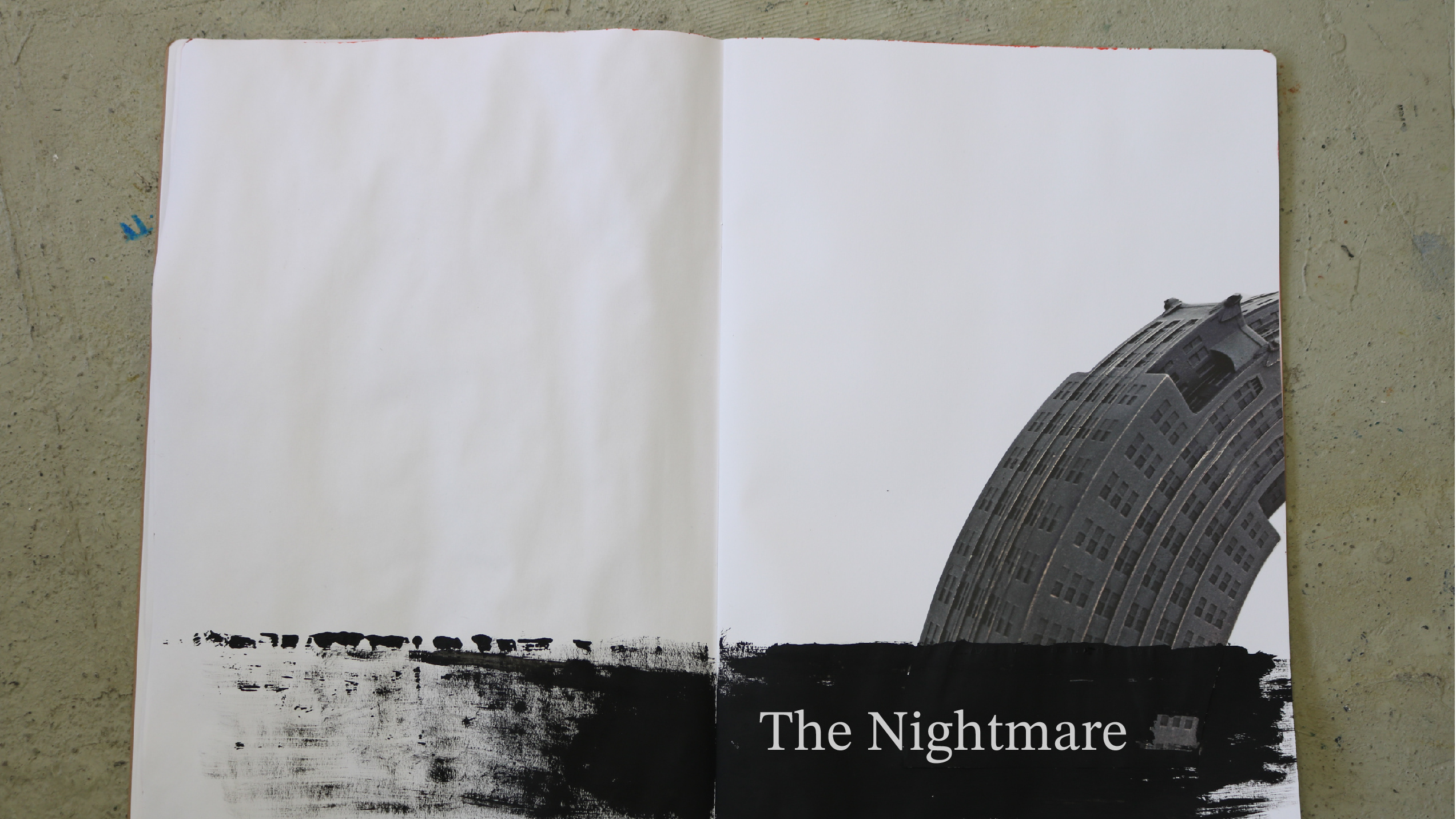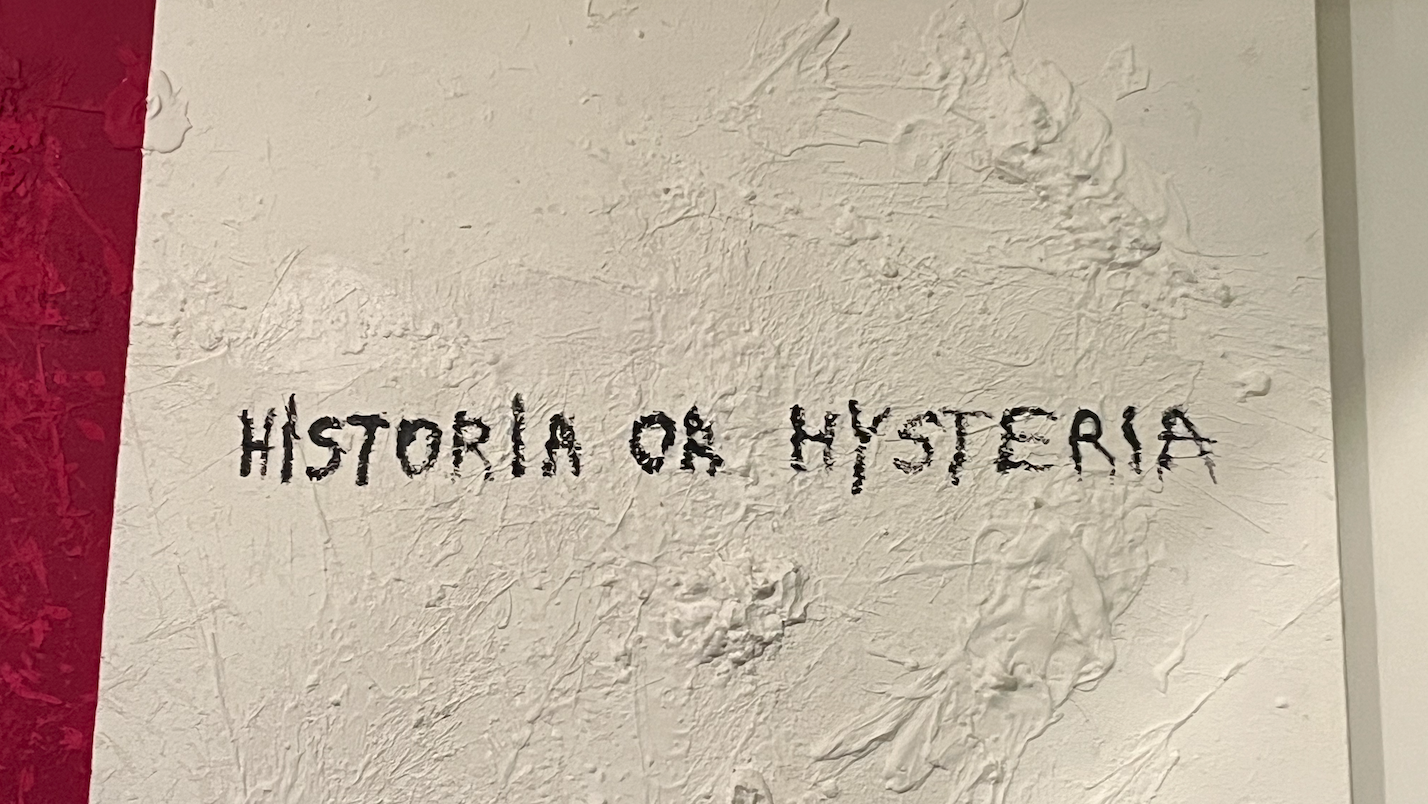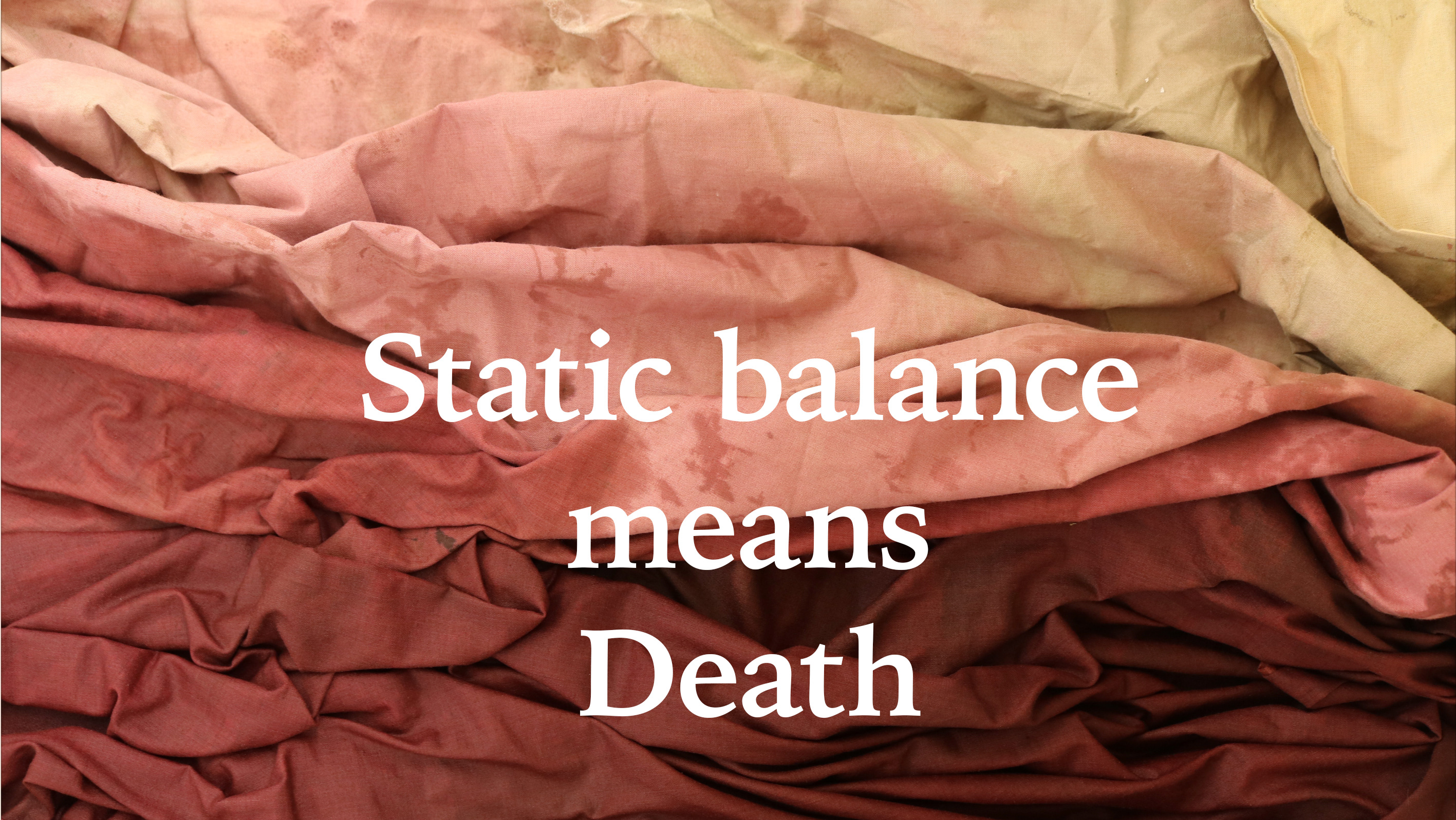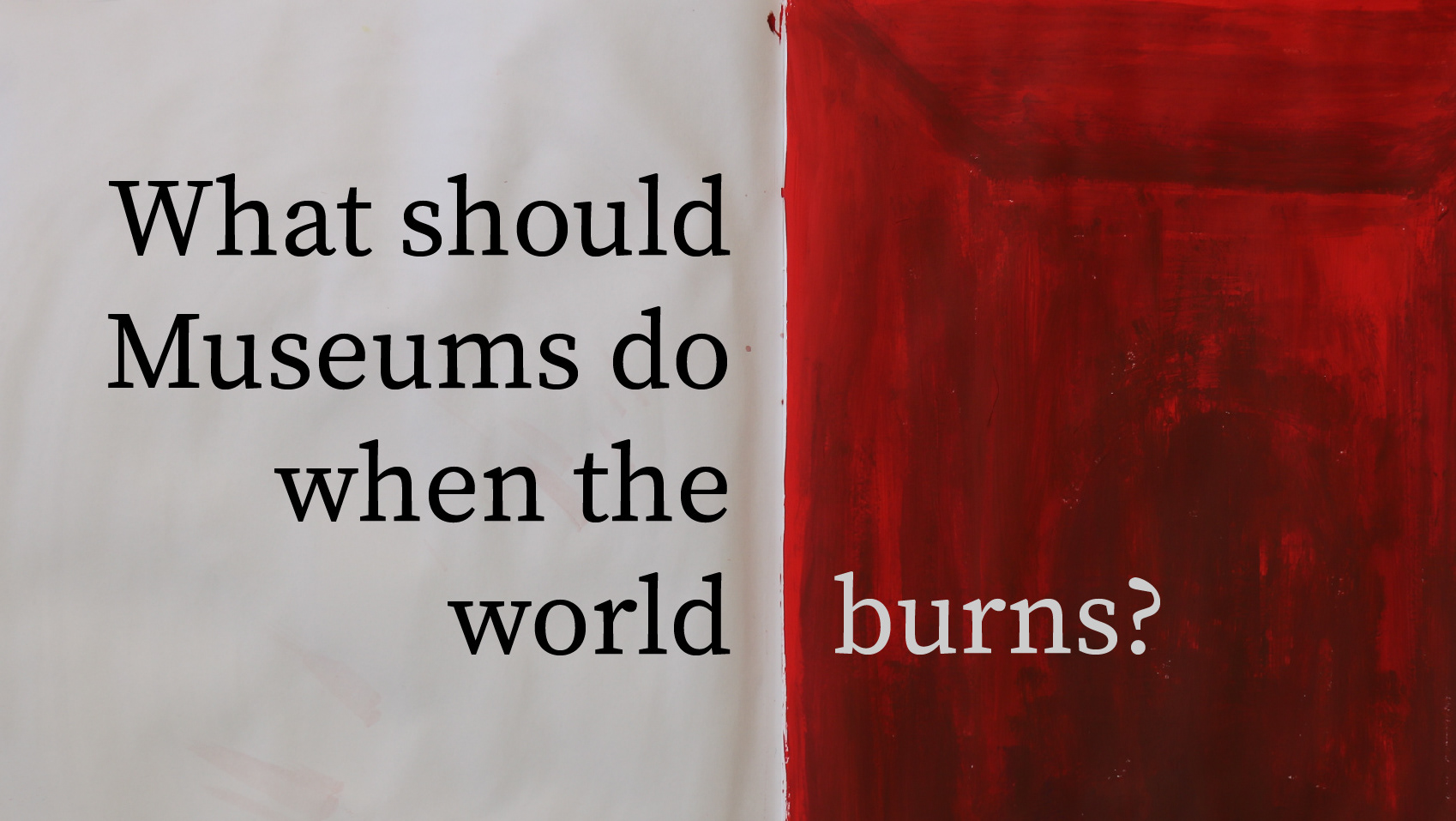With my research project tentatively titled ’Penumbra of Doubt’ I want to investigate the energy created in collective acts of resistance and the epistemological positions that could be the most beneficial for a worldmaking that prevents obscene accumulations of power. Training our understanding to be comfortable approaching things with a critical ambivalence, would support our predisposition to experience world-(un)building struggle and recognise the chaotic behaviour of the universe as a challenge and a source.
Understanding transubjectivity as an emergent complex phenomenon characterized by self-organization and deterministic unpredictability helps explain how political subjectivation and resistance function; not only the collective transformation but also the fragility of power and creation, maintenance and dissipation of forms of solidarity.
Building on Boaventura de Sousa Santos’ ‘The End of the Cognitive Empire,’ I will read and interpret postabyssal pedagogies through the lens of quantum indeterminacy. By doing so, I aim to establish a theoretical ground from which to recognize sites of struggle as egregoric sites of knowledge production.
I will draw upon writers and practitioners from the ‘other’ side of the abyssal line such as Carl Mika, Arturo Escobar, Sylvia Wynter, Walter Mignolo, Vandana Shiva, Achille Mbembe and Ngũgĩ wa Thiong’o to create a theoretical artifact to present truth as an approximation for my proposition to work.
With this epistemic proposition comes an ontological one, the essence of existence and its validity stretch and cover situated and embodied knowledge, relationality over individualism, oral, mythic, and aesthetic knowledge, epistemic resistance through language, non-linear temporality, and ecological and non-human ways of knowing. I hope to contribute to the discourse of the ontology of absences by rejecting the need to give shape to our understanding in order to place something at it’s centre.
We don’t seem to lack grasp of the systems at play that perpetuate such a high degree of unnecessary suffering, nor a lack of propositions of practical and clear enough starting points. Some of the places and communities that suffer the most from the extractivist nature of capitalism are already engaged in world-(un)building strategies. In areas of the world that continue to benefit from expropriation -and hence where shit needs to go down the hardest for things to substantially change-, even if filled with isolated individuals suffering differently from the same kind of informal domination, there’s a painfully evident lack of action. Activism continues to be comfortably denunciatory, screaming to (/assuming the inevitable permanence of) an authority structure for whom switching agendas would be suicidal.
Continuing to resist universalism, I will propose using the principle that diffuses truth to blur boundaries between emotions as well. Seeking pleasure and fearing pain is an oversimplification that has complicated our lives, historically speaking. The premise of convenience continues to make life bland, predictable and oftentimes agony inducing. Emotions can be at times pregnant with their assumed opposite.
I will tie the plural nature of emotions and the importance of recognising them as an intrinsic part of cognition. Because assuming that emotions are also understood through the expanded knowledge I will be exploring, we could understand that all emotions permeate each other and see the set of ‘undesirable circumstances’ that will presumably exist between us and a kinder world, as something neither positive or negative nor both, but as the interaction between them.
This project will feed from the realms of madness, mysticism, paganism, art, magic and other deviant forms of knowledge that, although aligned with non-locality, resist the Western epistemic norms and the assumption of knowledge as something fixed, isolated, or contained. These ways of knowing do not operate in the register of legibility or legitimacy but rather emerge through relational and affective networks. Rooted in lived experiences, they do not serve merely as alternatives to dominant epistemologies but as entangled countercurrents and serve as contextualisation tools that help understand the broader, non-academic imaginary of this beating knowledge.
Following Étienne Balibar's concept of the transindividual subject, I will expand the notion of the body, and untangle how urban environments and the internet as the aesthetic of the everyday life operate as key spaces where this energy exists, not only as sites of interaction but as structures that shape informal social protocols, determining how collective agency is formed, channeled, and constrained. The ambition to imagine and then build an ideal community or to better society through our environments is an ancient concern, and the building blocks of our realities are now agents that insist on the immutability of our managed experiences, on the illusion of individual autonomy and independence, and on the continued use of an unsustainable extractivist economy.
I will also use Spivak’s skepticism on whether truly alternative epistemologies can flourish to explore the foundations of the disinhibitions towards action, or what other forms of resistance can be considered beyond just the theoretical frame.
Drawing from my own personal experiences, as an insider and as a witness, I will unravel what appears to happen around and through me - engaging in a process akin to craftsmanship, where breaking down is inseparable from the act of making. If resistance and deviant epistemologies are precarious, then perhaps their very instability is what makes them sites of knowledge production.
Ultimately, this inquiry aims to shed light on the shadows and fracture zones of world-(un)building efforts and asserting critical ambivalence as a necessary orientation toward a world where power disperses, mutates, and reinvents itself through shared, generative disobedience.This work is an exploration of resistance and an act of resistance itself—an attempt to inhabit, rather than theorize or analyse from the distance, where resistance is both a method and a horizon.



